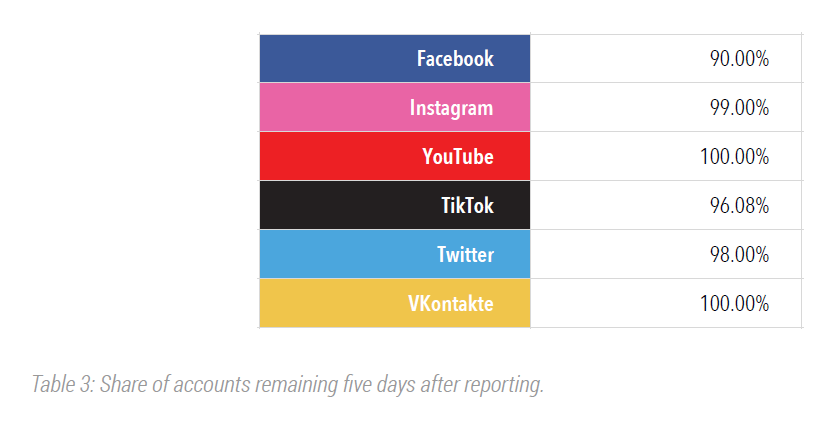In today's #vatnik soup I'll continue talking about troll farms and social media manipulation, extending the topic to other social media platforms, too.
Our social media space is constantly manipulated by paid actors whose goal is to control the online narratives.
1/10
Our social media space is constantly manipulated by paid actors whose goal is to control the online narratives.
1/10

Most (if not all)social media platforms are saying they are effectively fighting against fake accounts & bots. This is not true:fake account industry is blooming & it's also a very lucrative business.Changes made on these platforms have not changed the manipulation industry. 2/10 

From the big social media sites, (pre-Musk) Twitter is actually the best at rooting out the fake accounts, with VKontakte coming close 2nd.Even if you'd think otherwise based on the news, FB, IG, TikTok and YouTube are quite terrible at this and have a massive troll problem. 3/10 





It is usually cheapest to buy automated manipulation, such as views and likes. Buying meaningful content like comments is many times more expensive.
Comments are usually written by actual people and often in English, requiring a wider skill set from the manipulator.
4/10
Comments are usually written by actual people and often in English, requiring a wider skill set from the manipulator.
4/10

Manipulation is getting much faster, meaning that these troll farms have become much more effective in their work. After an hour after your purchase, 20 % of the manipulation has already been conducted. This means that the networks are huge and responsive to their tasks.
5/10
5/10

The scale of social media manipulation is incomprehensible: alone in Q3 of 2021 on all social media sites combined, more than 22 billion fake engagements or accounts were detected and removed, and this is probably just the tip of the iceberg.
6/10
6/10

Fully automated bots are still available, but their lifespan is usually quite short. For a few hundred euros, you can get some human touch with an influencer can spread your cause for years. They'll even engage in online fights to defend your ideas.
7/10
7/10

Many of the troll farms do business out in the open - the marketplace is easily accessible and requires very little effort to find - just try it on Google or any other search engine. Running troll farm in a developing country can provide income for thousands of people.
8/10
8/10

To conclude: whatever Musk and his friends are telling you, Twitter was and has been the most effective platform at countering manipulation. In Stratcom's research, 90% of manipulation accounts purchased were removed from the platform.
9/10
9/10
This will of course be affected, now that Musk fired most of the staff responsible for fighting the manipulation.
Source: stratcomcoe.org/publications/s…
My previous soup on troll farms:
Russian info-ops:
10/10
Source: stratcomcoe.org/publications/s…
My previous soup on troll farms:
https://twitter.com/P_Kallioniemi/status/1601115023589658624
Russian info-ops:
https://twitter.com/P_Kallioniemi/status/1600752100966662144
10/10
• • •
Missing some Tweet in this thread? You can try to
force a refresh

































